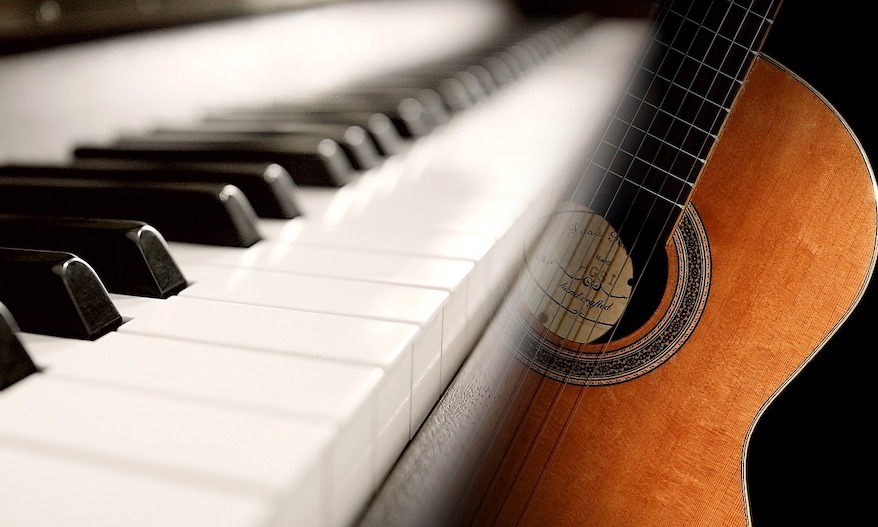Have you ever felt uninspired in your musical journey? Whether you're a seasoned guitarist, a classically trained pianist, or a bedroom producer, hitting a creative wall is something every musician encounters. One powerful (and often underrated) way to break through that plateau is by picking up a second instrument.
Why Bother Learning Another Instrument?
At first glance, it might seem counterintuitive. If you're already spending hours refining your skills on your primary instrument, why divide your focus?
Learning a second instrument doesn’t just add another skill to your toolbox—it reshapes how you hear, feel, and create music. How? Let’s dive in:
1. A Fresh Perspective on Music Theory.
Each instrument approaches theory in a distinct way. A guitarist thinks in shapes and patterns, while a pianist visualizes harmony linearly across keys. A percussionist might be analyzing the correct rhythm to accompany a specific style.
By learning a second instrument, you're forced to re-engage with theory from a new angle, deepening your overall understanding and unlocking new creative possibilities.
2. Better Composition and Arrangement Skills,
Ever wondered why some of the best composers are multi-instrumentalists? It’s because understanding multiple instruments gives you a wider lens to experience and arrange music.
When you learn how drums, bass, keys, or horns feel to play—not just how they sound—you start writing parts that are more intuitive and idiomatic. This translates into better songs, richer arrangements, and more compelling performances.
3. Cross-Pollination of Techniques.
Certain technical ideas don’t exist in a vacuum. For example, the concept of phrasing on a violin might teach a pianist how to play more expressively. A drummer's sense of rhythm can transform a bassist's timing and groove.
Each instrument you learn informs and enhances your relationship with the others. This cross-training strengthens your musicianship in ways that a singular discipline cannot.
There’s joy in being a beginner again—in exploring sound without the pressure to be perfect.
4. Renewed Passion and Joy.
Let’s face it: sometimes your main instrument starts to feel like work. When that happens, playing a second instrument can feel like rediscovering music for the first time.
There’s joy in being a beginner again—in exploring sound without the pressure to be perfect. That excitement can re-ignite your overall passion for music and spill over into everything you play.
Final Thoughts...
Have you already started learning a second instrument? Share your experience and how it’s changed your relationship with music with us.
